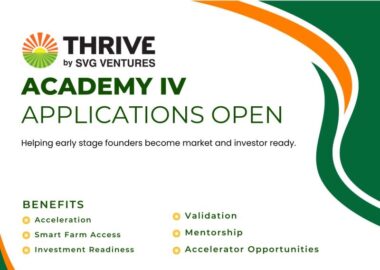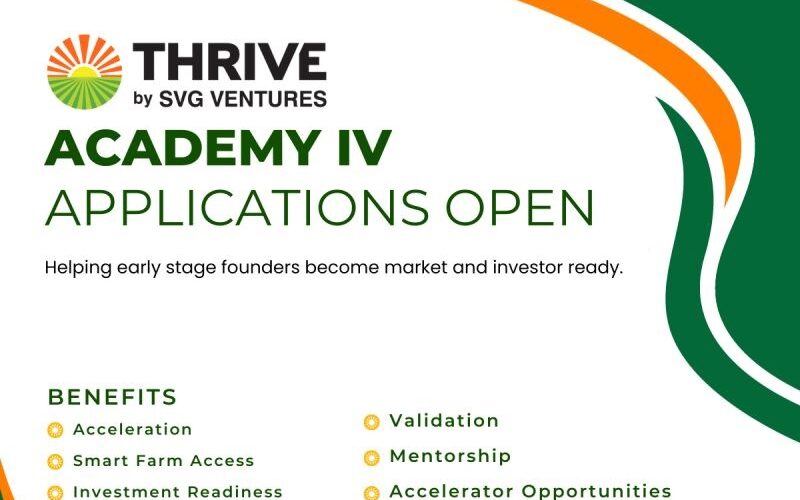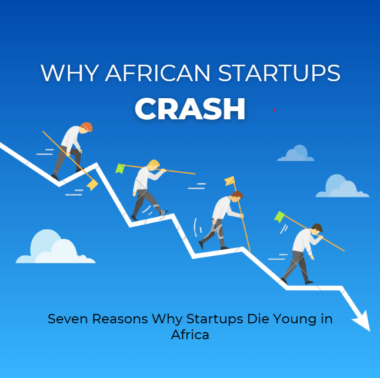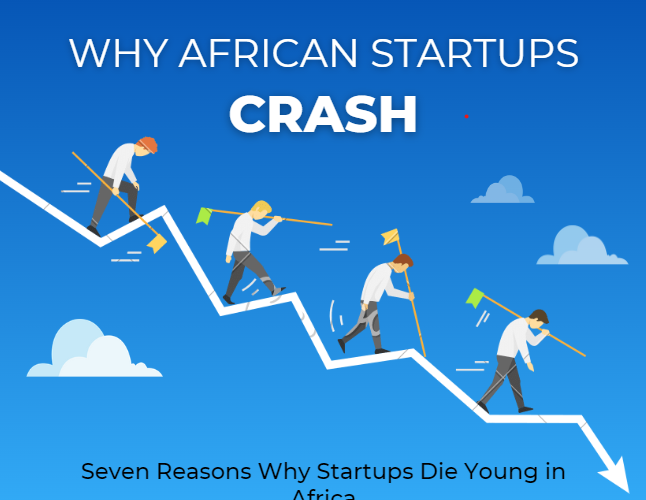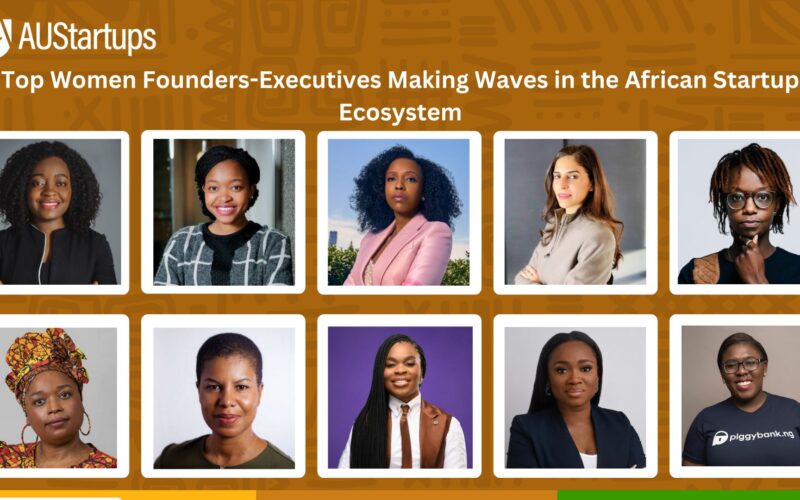The Startup Genome Ecosystem has released the 2023 Edition of its report, which ranks the top startup ecosystems globally. Like the previous years, Africa couldn’t break into the top 20 list with the top 5 leading ecosystems on the list being Silicon Valley in the first position, London and New York City sharing the second position, Los Angeles taking the fourth place, and Tel Aviv in fifth place.
Undoubtedly, the African startup ecosystem has grown tremendously over the years, birthing multiple innovative startups that have evolved into global brands. Each year, several new companies emerge with ingenious technological solutions, attracting the interests and resources of investors within and outside the continent. In a particularly interesting haul, African startups raised approximately $6.5 billion in 2022, attracting over 1,100 unique investors in the process, according to data from Partech.
However, the numbers have significantly dropped in 2023. African startups raised approximately $1.43 billion in the first half of 2023, 46% less than what it had at the same time in the previous year. This performance drop, which is partly due to the global venture capital slowdown, continues to affect the African startup ecosystem’s perception on the global stage.
The leading startup ecosystems globally all have something in common: enabling environments for creative thoughts and ideas to thrive. While Africa is still in the developmental stages, it has a lot to learn from the frontrunners, but has it been learning from them? Let’s consider a few key points.
Startup Proliferation
There’s a growing trend of African startups providing solutions for and in Africa from outside the continent. Several African founders incorporate their companies in North American or European countries, choosing to export their products/services to the African markets they serve.
Such companies tend to be recognized as “African startups” in the early stages of their growth, given that they primarily offer their services within Africa. However, when they eventually expand beyond the continent borders, their incorporation status comes to the fore, and they often get assimilated into the respective ecosystem in their areas of incorporation. Understandably, these environments are more business-friendly and attractive to investors, which are the major reasons founders move their ventures into them.
This situation can be likened to the “Brain drain” resulting from the mass emigration of skilled personnel from Africa to Europe, America, and Asia. African startup ecosystems and governments must be strategic in addressing this by luring back startups of African origin. This is achievable by providing the resources, environment, and policies that’ll encourage startup founders to set up their ventures within the continent.
Thankfully, several African countries’ governments have been implementing such measures lately through the creation of startup Acts and other similar policies. The Nigerian government recently launched its Startup Support and Engagement Portal, with the aim of making it easier for startups to get registered and access necessary support in the country.
In addition, several Africa-focused funds have emerged, many of which are led by African managers, providing support for African-incorporated companies. All these initiatives contribute to the development of a business-friendly environment for nascent entrepreneurs, similar to what they would find in Europe and the Americas.
Ecosystem Collaboration
Successful startup hubs thrive on collaboration. Silicon Valley, for example, is renowned for its interconnected web of entrepreneurs, investors, academic institutions, and government bodies.
Africa can benefit by fostering a similar collaborative spirit, where stakeholders work together to create a supportive environment for startups. There have been numerous efforts invested into this idea across several African countries. Several accelerator programs, networking seminars, showcases, and even government policies have been put in place to improve ecosystem collaboration.
The biggest of all is the Africa Continental Free Trade Area (AfCFTA) agreement, which essentially makes the entirety of Africa an open market for all ventures of African origins, fostering borderless collaborations and integration.
Developing more direct initiatives aimed at fostering integration and collaboration will aid growth in the African startup ecosystem.
Focus on Innovation
A culture of innovation is a hallmark of leading startup ecosystems. While several African startups have been credited with developing innovative solutions, many others opt to copy existing ideas with little to no additional value included. I.e., instead of coming up with new ways of doing things, they simply imitate the solutions of others.
While this approach has its advantages by increasing the number of players in a field, creating necessary competition, it also limits the startups. Unique scalable solutions attract better investments and collaborations.
Encouraging creativity, continuous improvement, and a willingness to challenge the status quo can propel African startups to the forefront of global innovation.
Global Perspective
Thinking globally from the outset opens up new horizons for startups. It creates a lofty goal with a high trajectory for the companies, stopping them from getting comfortable with results only on the local stage.
Several African startups only set out to solve problems peculiar to their immediate environment without considering the scalability of their solutions. Hence, they often limit themselves from the onset.
Such startups tend to struggle when they attempt to expand on the global stage. That’s because they never planned for a venture of that scale and had not created the proper structures and systems to support such growth.
African entrepreneurs will benefit from considering the global implications of their products or services right from the get-go. Such an outlook will encourage them to develop the proper structures that will support global expansion.
The African tech startup ecosystem is poised for greatness – it possesses the resources and talents to become an innovation powerhouse, and by drawing inspiration from the successes of leading global counterparts, it can get there faster.
Startup proliferation, collaboration, innovation and global outlook are crucial factors in creating solutions that contribute significantly to the global tech landscape. Africa should take a few lessons from the frontrunners to carve out its own success as a hub for tech startups.




